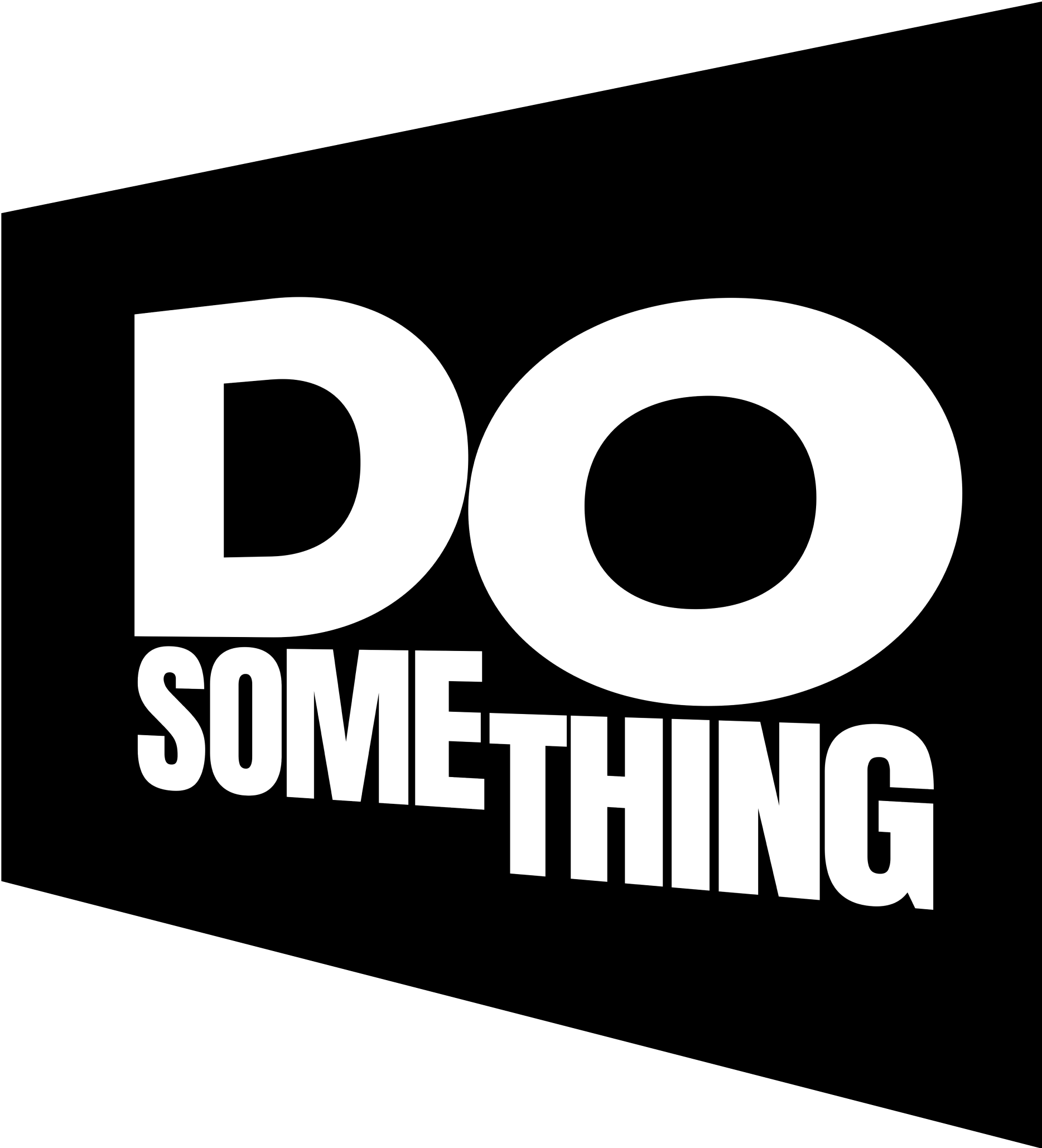8 Ways You Can Support Incarcerated People Amid COVID-19
Of the top 10 coronavirus clusters, 8 are in correctional facilities.

As coronavirus cases and deaths are rising in the US, people in prisons are facing heightened risk due to the conditions they’re forced into. In the middle of a health crisis, incarcerated people live in extremely tight quarters, share telephones, lack access to necessary hygiene supplies and practices, and are unable to receive consistent medical help due to understaffing.
It’s important to take care of those who are most vulnerable among us. Here are 8 ways you can support incarcerated people amid COVID-19.
1) Learn more.
Did you know that the United States incarcerates more people than any other country in the world? (Yes, even more than China, which has a population four times the size of the US.) Black Americans make up 38% of those incarcerated. While we’re tackling the immediate dangers that incarcerated people are facing, we should know how we got here in the first place.
There are a lot of racial, social, political, and economic forces that have contributed and continue to contribute to the issue of mass incarceration. The current flaws in our justice system have roots in the historic criminalization of Black, Native, and immigrant communities -- including things like slavery, settler colonialism, Reconstruction-era Black codes, the War on Drugs, and more.
Self-education is crucial in understanding this issue, its legacy, and how to challenge the systemic factors that perpetuate it. Check out documentaries like 13th or books like The New Jim Crow to learn more.
2) Contact your representatives.
It’s our responsibility to demand that our representatives provide solutions to incarcerated folks that slow the spread of the virus and ensure that appropriate measures are being taken to save lives.
Using our tool, you can quickly and easily contact your federal representatives. For leaders in your local community, (sheriffs, prosecutors, city council members, etc), use these template letters from The Justice Collaborative.
Not sure who to contact? Here’s a resource to find out what authorities in your state have the power to issue emergency releases, courtesy of UCLA School of Law professor Aaron Littman.
3) Demand change with petitions.
In a time of physical distancing, opportunities to advocate remotely are especially valuable. While petitions are just one piece of a greater movement, they’re really effective at showing collective support, swaying public opinion, and even earning some major victories.
Add your name to these petitions to support incarcerated populations, and then share them with your friends and family.
- Color of Change: Make phone calls in prisons, jails, and detention centers free during COVID-19 and beyond.
- Last Prisoner Project: Urge the Federal Bureau of Prisons to decarcerate correctional facilities, particularly people most vulnerable to complications from the virus. (While you’re at it, sign a similar one from the ACLU too!)
- RAICES: Ask the Department of Homeland Security to end family detention and free asylum-seekers to their sponsors in the US amid COVID-19.
4) Amplify news and information.
With so much happening in the news lately, a lot of important issues and perspectives can get lost. Use whatever platform you have (social media, your group chat, a community forum) to get the word out about the dire conditions that folks in prisons are facing.
Of the top 10 clusters of coronavirus cases in the US right now, eight of them are in correctional facilities. Raise your voice to advocate for those folks who can’t.
To get you started, here’s a list of relevant news articles curated by The Marshall Project and informational resources from The Prison Policy Initiative.
5) Help folks post bail
The most effective way to protect incarcerated people from the virus is to drastically reduce the number of people in prison, given how difficult it is to maintain health guidelines within facilities.
That’s why advocates are calling for the early release of folks who are elderly, have serious medical conditions, are close to the end of their sentence, or have committed nonviolent offenses. There are also people in jails across the country who haven’t been convicted of a crime or given a sentence but are incarcerated because they can’t afford to pay bail (an issue that’s only made worse by the backed up court system amid the pandemic).
Find a community bail fund using this directory from the National Bail Fund Network, and help people post bail and return home safely.
6) Reach out
Prisons in almost every state are restricting visits due to the coronavirus, which means folks are probably feeling more isolated than ever. Help incarcerated people combat isolation and cope with what’s happening by reaching out.
For example, you can become a penpal and write letters to someone in prison, or donate books to prison libraries to give folks a welcome distraction.
7) Share resources.
If you know someone who’s currently incarcerated, you can share this information with them. If you don’t, it’s like that somebody you know will, so share them widely on social media and within your community.
- COVID-19 Survival Guide for Incarcerated People
- Release During COVID-19: What You Need to Know
- State-by-State Directory of Reentry Programs for Formerly Incarcerated People
(Even when folks are released, there are still a lot of additional challenges to reentry in the middle of a pandemic -- it’s crucial to give them the resources and support they need to be successful.)
8) Support wider criminal justice reform efforts.
Your support for incarcerated people shouldn't stop here. Tackle the root issues of over-policing, mass incarceration, wrongful convictions, and more by supporting these organizations in their mission towards criminal justice reform. You can sign up for their newsletters to stay updated on the issues, take part in their online call-to-actions, or send them a donation (and encourage others to do the same).
Make a difference in your community and add your vision to the future of our democracy
